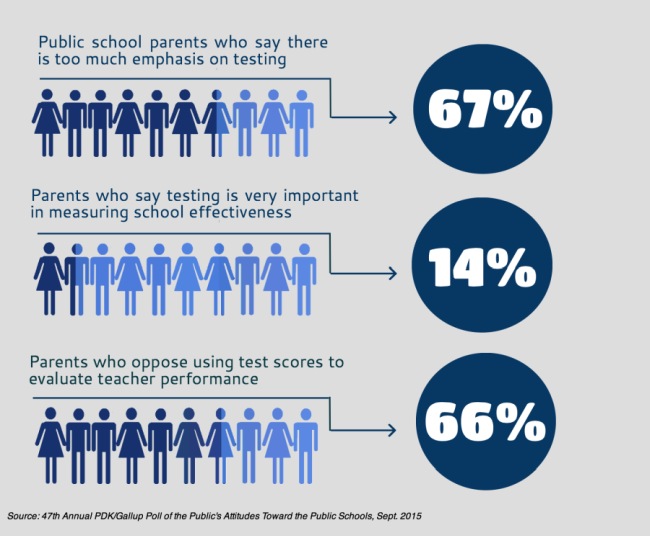The Ministry of Education announced the much-anticipated rollout of the National Testing Project, slated to begin next Sunday. This initiative aims to establish a standardized assessment system to gauge student performance across the country.
Proponents of the project laud its potential to provide valuable insights into national educational trends. By administering uniform tests, the Ministry hopes to identify areas of strength and weakness within the curriculum, ultimately leading to targeted improvements in teaching and learning strategies. Additionally, the project could provide a benchmark for comparing educational outcomes between different regions and demographics.
However, the project has also attracted its share of criticism. Opponents argue that standardized tests offer a narrow snapshot of student ability, potentially neglecting critical skills like creativity, problem-solving, and critical thinking. They also express concern that an overemphasis on testing could lead to a curriculum driven by test scores rather than a focus on fostering well-rounded learners with a genuine passion for knowledge.
The Ministry has sought to address these concerns by emphasizing that the National Testing Project is just one component of a broader educational evaluation strategy. They assure that the project will utilize a multifaceted approach to assessment, incorporating not only multiple-choice questions but also open-ended responses and project-based tasks.
Furthermore, the Ministry emphasizes that the data collected will be used primarily to guide curriculum development and inform pedagogical approaches, not for individual student evaluation or school rankings.
The upcoming launch of the National Testing Project has ignited a nationwide conversation about the role of assessment in education. While some view standardized testing as a vital tool for measuring progress, others remain skeptical of its effectiveness in capturing the full spectrum of student learning. As the project unfolds, it will be critical to monitor its impact on teaching practices, student motivation, and ultimately, the overall quality of education throughout the country.

